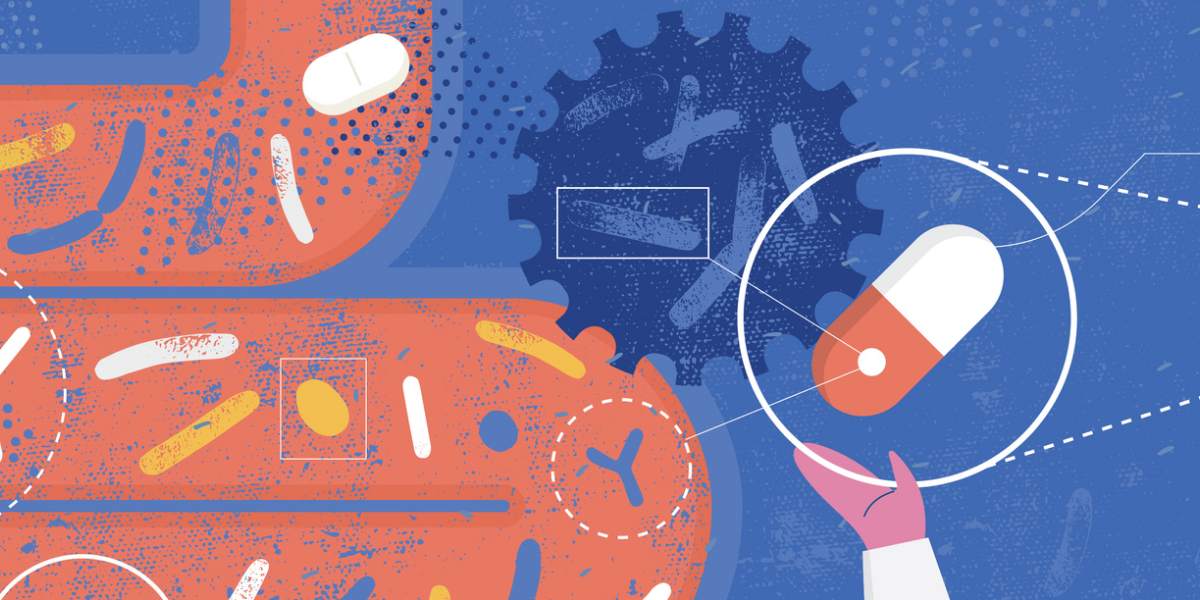When we think about digestion, one of the first organs to spring to mind is the stomach.
Diabetes can affect the stomach if the nerves controlling the stomach are damaged by high blood glucose levels
The stomach may also be involved in bariatric surgery, used to tackle obesity.
The role of the stomach
The role of the stomach is to break down food from its chewed state into a form that can be passed through the small intestine
Carbohydrates are broken down quickly and spend the least time in the stomach, followed by proteins and then fats
The stomach can absorb certain nutrients, such as Fergus and drugs such as aspirin , although most of the absorption of nutrients takes place within the small intestine.
Gastroparesis
Gastroparesis is a complication that affects the vagus nerve that controls the functioning of the stomach.
Gastroparesis causes delayed emptying of the stomach, which can make control of blood glucose levels more difficult, particularly for people taking rapid acting insulin at meal times.
Damage to the vagus nerve may occur if blood glucose levels are frequently too high for a number of years.
- Read more about diabetes and the nerves
Diabetes and stomach surgery
People with a large BMI may be offered, or may opt to have, weight loss surgery.
A number of bariatric surgery options involve the stomach.
Gastric band surgery effectively decreases the size of the stomach decreasing the size of meals that can be eaten.
Gastric bypass surgery is a more invasive procedure involving joining the top of the stomach with jejunum, therefore bypassing the lower part of the stomach and the duodenum.
- Read more about diabetes and bariatric surgery






